Publications
Articles, publications, books, tools and multimedia features from the U.S. Institute of Peace provide the latest news, analysis, research findings, practitioner guides and reports, all related to the conflict zones and issues that are at the center of the Institute’s work to prevent and reduce violent conflict.
Question And Answer
Blinken’s China Trip Shows Both Sides Want to Stabilize Ties
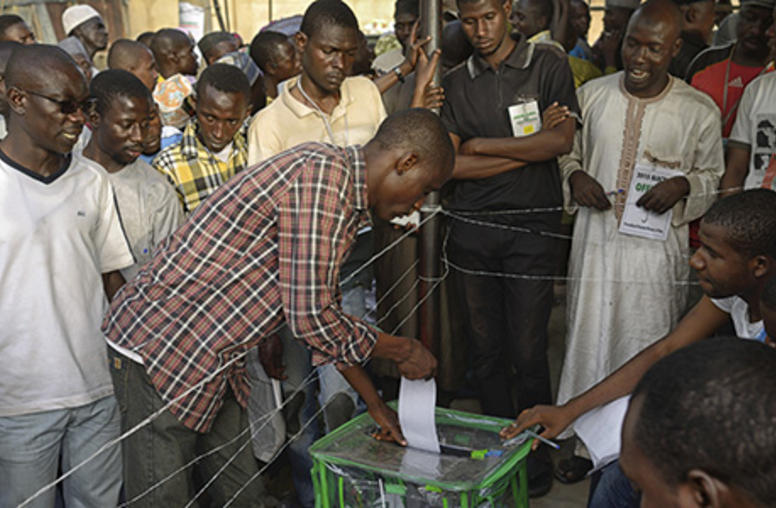
New U.N. Goals Highlight Danger of 'State Fragility' to Development
A new set of development goals that will be adopted by the world’s heads of state at the United Nations in September highlights the crucial problem of “fragile states” and the need to strengthen their governance, according to experts including current and former top diplomats and USIP President Nancy Lindborg.
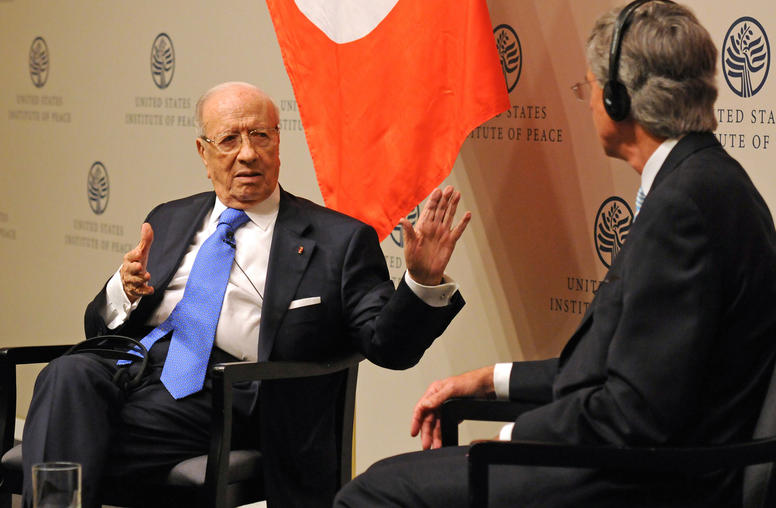
Violent Extremism: Muslim Democrats as Part of Solution
The White House account of President Donald Trump’s first phone call with Tunisian President Beji Caid Essebsi is a good sign that the U.S. might continue to work cooperatively with moderate Muslim political leaders who can contribute to global stability and aid in reducing violent extremism.
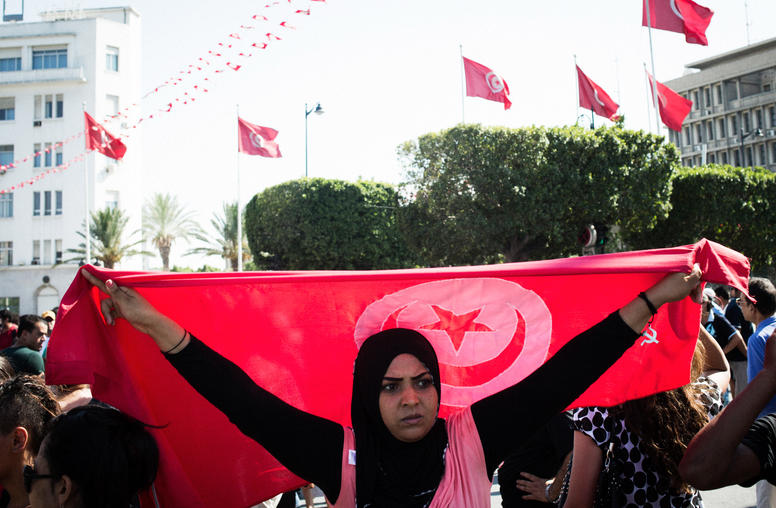
Aid Remains Key to a Counter-ISIS Plan, Tunisia Says
As the Trump administration prepares an international conference to shape strategy against ISIS, the plan should include economic aid to undercut extremist recruitment, Tunisia’s foreign minister said March 14. Financial help is essential to help nations at risk, such as Tunisia, offer jobs and futures for unemployed, disillusioned youth, Foreign Minister Khemaies Jhinaoui told an audience at USIP.
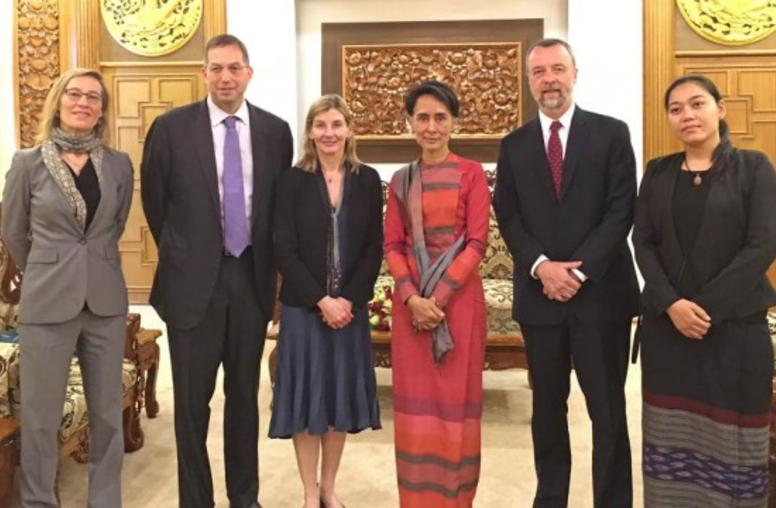
Burma is Still on the Rocky Road to Democracy
When the iconic democracy champion Aung San Suu Kyi won her historic, landslide election in Burma (Myanmar), she was met by soaring expectations, as well as by the formidable challenges of violent conflicts, a stuttering economy and the significant constraints of sharing authority with a still-powerful military.
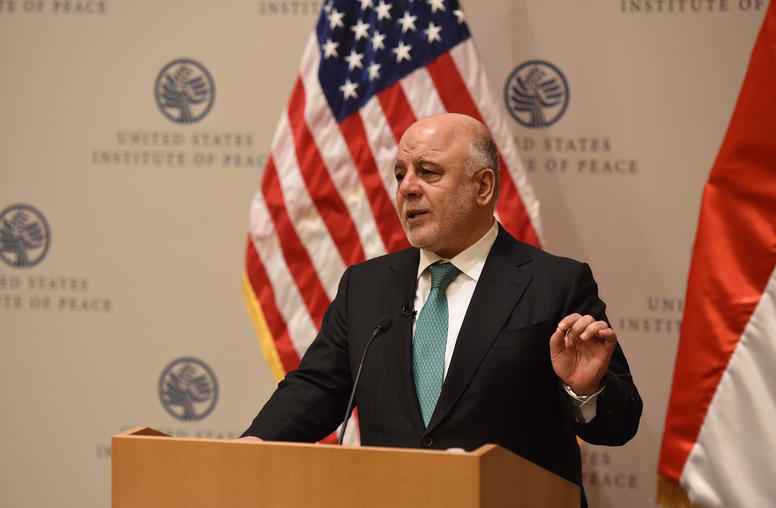
Iraqi Prime Minister Says Trump Offers Support
Iraqi Prime Minister Haider al-Abadi, speaking at the U.S. Institute of Peace after his first meeting with President Donald Trump, said the new U.S. administration is “prepared to do more” to fight terrorism than its predecessor, but he cautioned that military force alone won’t defeat ISIS. Abadi said his government is trying to gain the trust of the Iraqi people by reducing abuses by security forces, ensuring that areas recaptured from ISIS are stabilized and making the government more accountable.
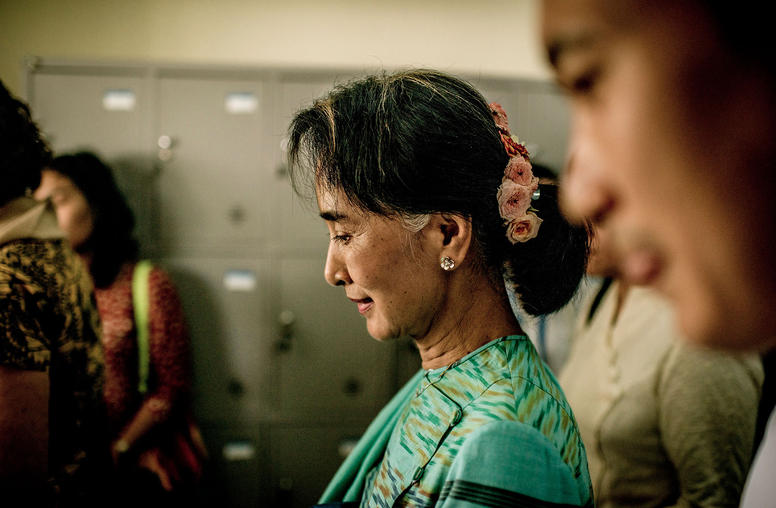
Myanmar's government -- time for course correction?
Myanmar at the end of March will mark the first anniversary of the historic ascension to power of the National League for Democracy under its leader Aung San Suu Kyi. Those who experienced the euphoria after the embattled opposition's landslide victory in November 2015 will never forget this unlikely culmination of more than a quarter of a century of struggle -- at the cost of many lives -- for democracy, peace and justice.
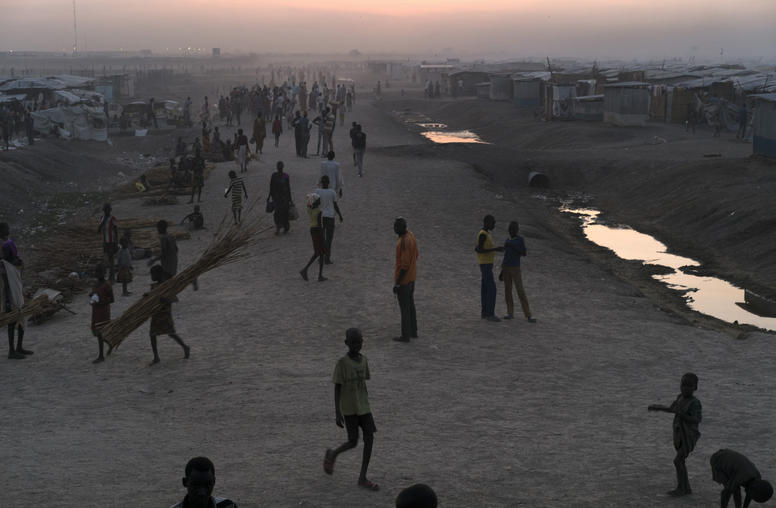
South Sudan Disaster Demands U.S. Attention, Coons Says
U.S. Senator Chris Coons, back from a recent trip to South Sudan, urged the Trump administration to make the conflict and humanitarian crisis in the African nation a priority. He also suggested that a special envoy might spur a peace process among the country’s warring factions.
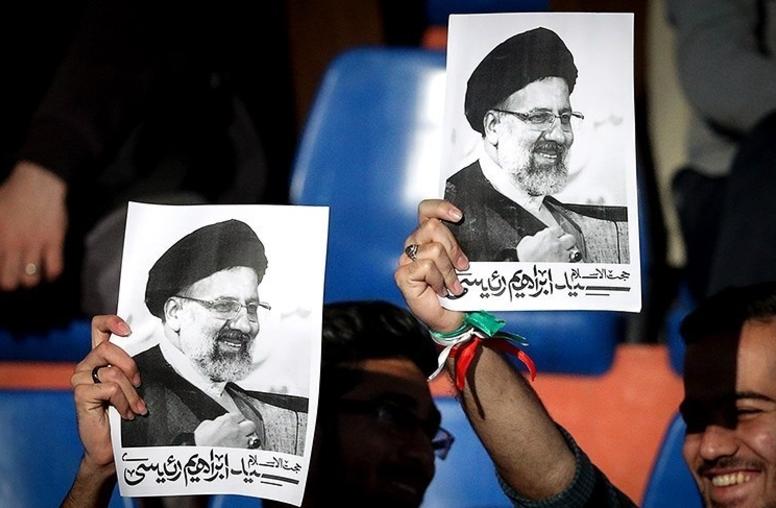
Q&A: Rouhani Faces Serious Test in Iran Election
Iranians head to the polls on May 19 to determine whether President Hassan Rouhani wins another four-year term, or is ousted or forced into a runoff by one of his challengers. The result has ramifications for relations with the U.S., as President Trump suggests a tougher line from Washington, and it will impact Iran’s actions in a Middle East roiled by wars in Syria, Iraq and Yemen. Rouhani has been more open to engaging with the West and improving relations with Iran’s Sunni neighbors in the Persian Gulf than his conservative critics.
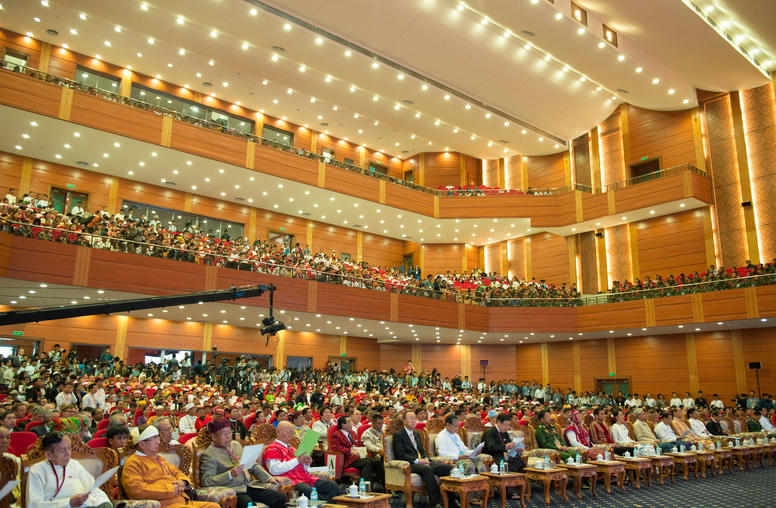
Q&A: What’s Next for Burma’s National Dialogue
Burma's national dialogue, stalled for months, advanced this week with the opening of the second round of the 21st Century Panglong Peace Conference in Naypyitaw, the capital. The five days of political talks focus on working out a federal system to resolve the country’s ethnic tensions.
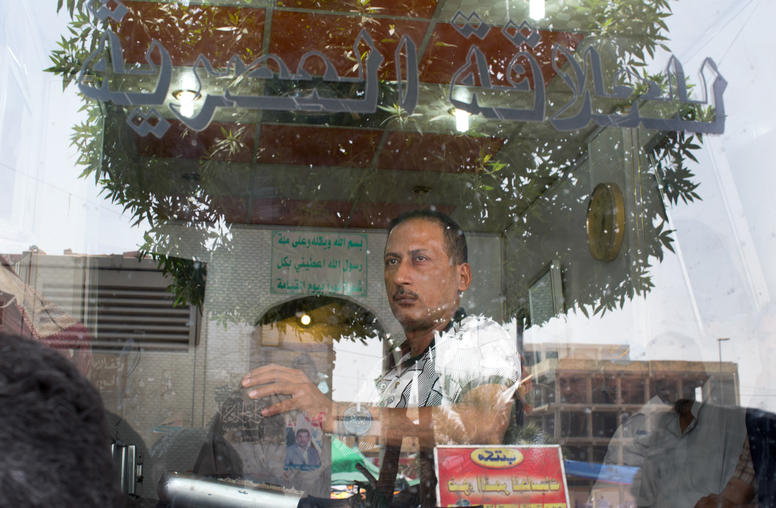
To Stabilize Iraq After ISIS, Try a Method That Worked
The farming region of Mahmoudiya, south of Baghdad, is divided by one of Iraq’s most turbulent fault lines of conflict, between the country’s Sunni and Shia tribes. A decade ago, this region of palm groves and irrigation canals was a violent al Qaeda stronghold known as the “Triangle of Death.” Yet for 2016, news reports and the United Nations’ accounting of nearly 7,000 or more civilian deaths across Iraq noted few attacks in this region, a reflection of its relative stability in recent years.